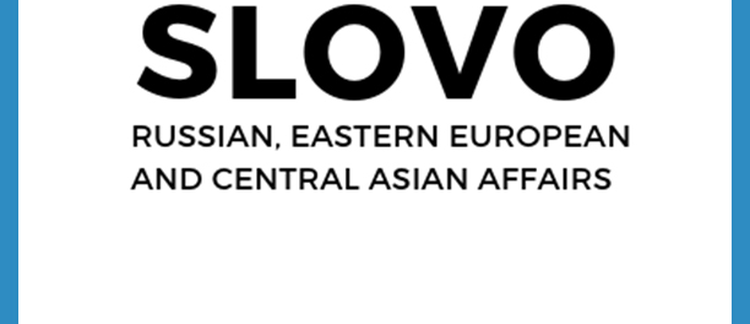Abstract
This paper analyses the subversive strategies of ‘Aesopian language’ with reference to the discourse of the Romanian literary criticism written under late communism (1971-1989). The first two sections of the paper signal certain gaps and inconstancies in defining Aesopian language and in delineating its forms of manifestation; at the same time, they explain the spread of this subversive practice in the political and cultural context of Romanian communism. The following three sections analyse the manner in which Aesopian language materialized in the writings of some of the most important contemporary Romanian critics: Mircea Iorgulescu, Nicolae Manolescu and Mircea Martin. The final section of the study considers a revision of the current definitions of Aesopian language (through the concept of “triggers” theorized in this paper), a new classification of the rhetorical strategies acting globally in a subversive text, as well as a re-evaluation of the relevance of Aesopian language in the context of ‘resistance through culture’, which was the main form of opposition against the communist regime in Romania.
Click here to read full article
How to Cite:
Terian, A., (2012) “The Rhetoric of Subversion: Strategies of ‘Aesopian Language’ in Romanian Literary Criticism under Late Communism”, Slovo 24(2).

